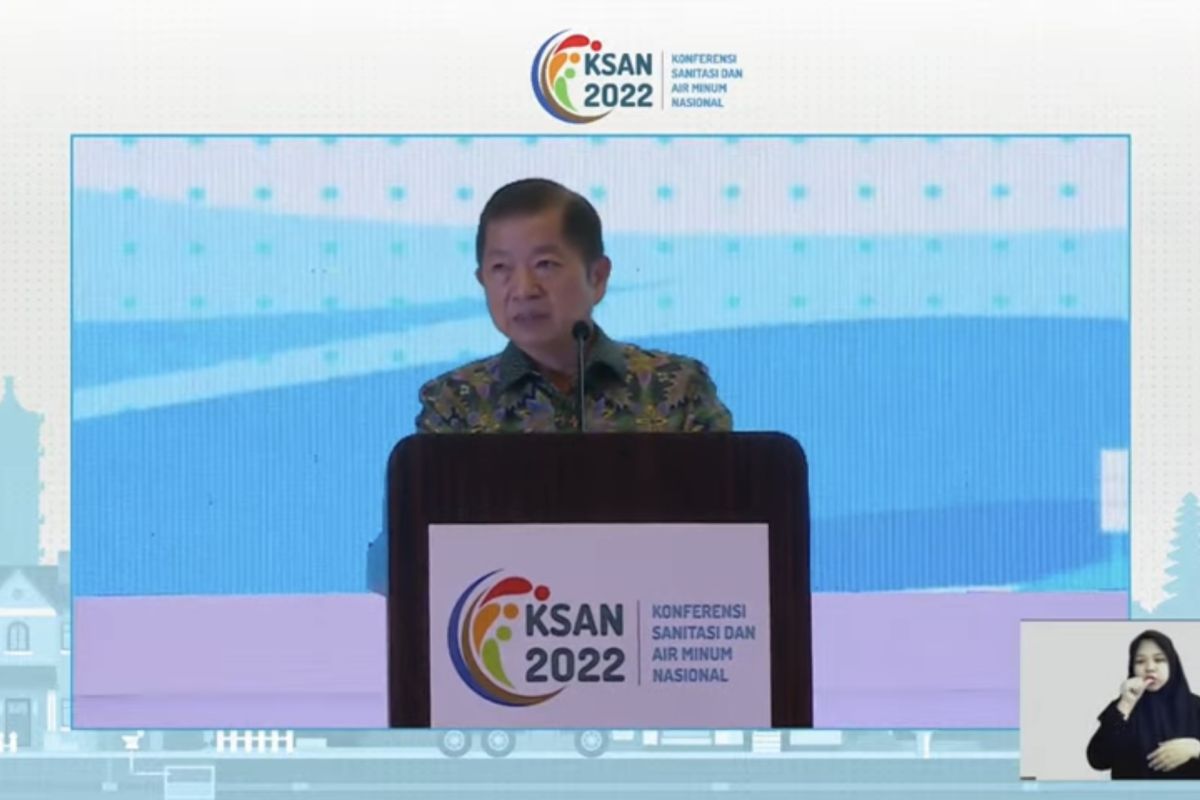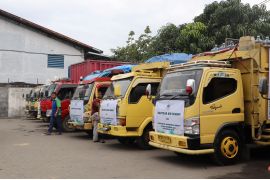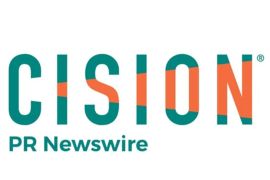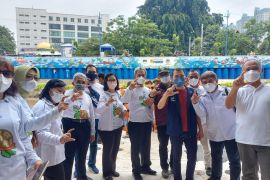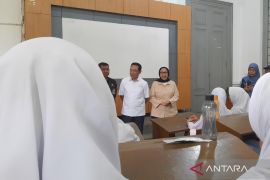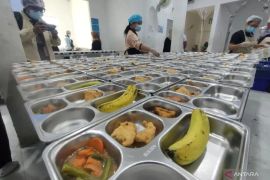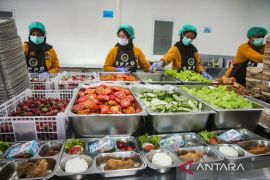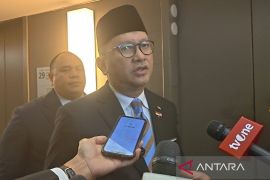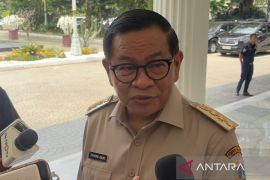Providing drinking water is a big challenge for district heads and mayors, especially in cities, where there is a regional tap water company (PDAM), and it requires integrated solutionsJakarta (ANTARA) - National Development Planning (PPN) Minister Suharso Monoarfa encouraged stakeholders to improve the quality of drinking water and sanitation facilities in a bid to realize quality human resources in Indonesia.
"Providing drinking water is a big challenge for district heads and mayors, especially in cities, where there is a regional tap water company (PDAM), and it requires integrated solutions," the minister stated at the National Sanitation and Drinking Water Conference (KSAN) here on Wednesday.
Monoarfa accentuated that access to safe sanitation facilities was important, especially so that domestic wastewater does not pose a danger to the environment, especially to drinking water.
Related news: Safe drinking water access in Indonesia reaches 11 percent: VP
Access to sanitation and drinking water has been increasing in the last decade but has not been followed by an improvement in quality.
Indonesia has successfully increased access to proper sanitation, from 55 percent in 2010 to 80 percent in 2021.
The practice of open defecation among people has also decreased, from 19 percent in 2010 to five percent in 2021 and is targeted to reach zero percent by 2024.
Access to drinking water has also improved, from 66 percent in 2010 to 91 percent in 2021.
According to the Statistics Indonesia (BPS) data in 2021, out of the 80 percent of households that have access to sanitation facilities, only seven percent have access to safe sanitation facilities.
Related news: Ministry working to ensure drinking water supply in Sawahlunto
In addition, out of the 91 percent of households that have access to proper drinking water, only 12 percent are considered safe and 19 percent have piped drinking water networks.
He assessed that if the increase in access is not followed by an improvement in quality, then it will affect the quality of human resources and reflect a disrupted national health system.
The access and quality of drinking water and sanitation are crucial to prevent the community from contracting diseases that will ultimately hinder the nation's development, including in achieving Indonesia's 2045 vision.
Related news: Jokowi urges GPDRR participants to invest in disaster mitigation
Related news: GPDRR: Indonesia offers sustainable resilience to tackle disaster risk
Translator: Astrid Faidlatul, Raka Adji
Editor: Fardah Assegaf
Copyright © ANTARA 2022
